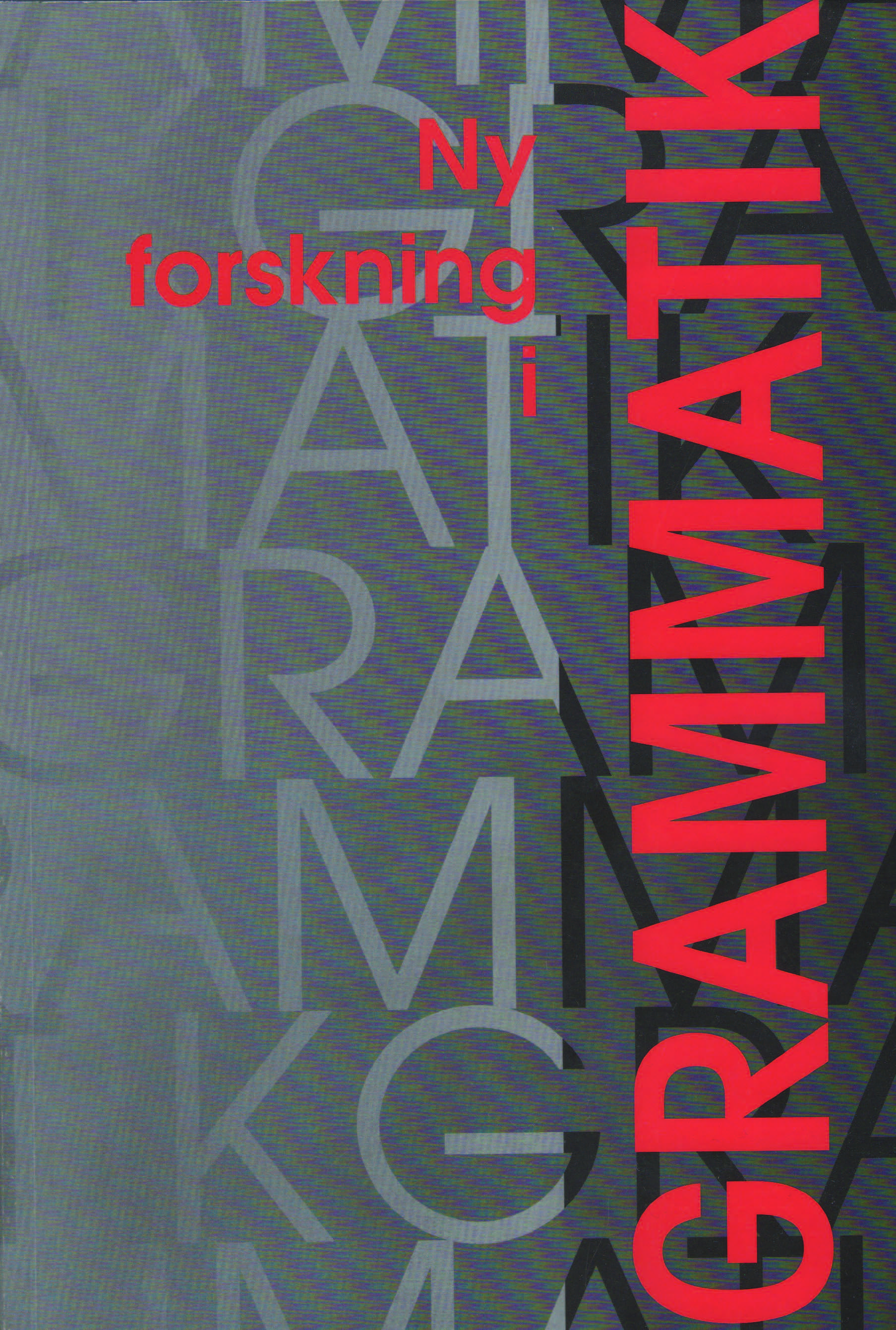Dansk med måde
DOI:
https://doi.org/10.7146/nfg.v0i26.115996Keywords:
begivenheder, germanske vs. romanske sprog, MÅDE og RETNING, typologi, verber, visualiseringAbstract
The purpose of this paper is to show that the use of manner verbs differs systematically between Danish and Spanish, and that this factor exercises a decisive influence on their clause formation and distribution of semantic content across linguistic units. It is argued that in Danish, due to its strong preference for using manner verbs as main predicates, the semantic component manner becomes the core information which frames the expression of the event, while in Spanish the manner in which an event evolves is usually not mediated linguistically as a central component of the clause, if expressed at all. Consequently, speakers of Danish focus on events as visual manifestations of reality, while speakers of Spanish are not attuned to conceptualizing events visually.
Downloads
Published
How to Cite
Issue
Section
License
Forfatteren/forfatterne og Dansk Sprognævn har ophavsret til de artikler der bringes i tidsskriftet.





